Introduction
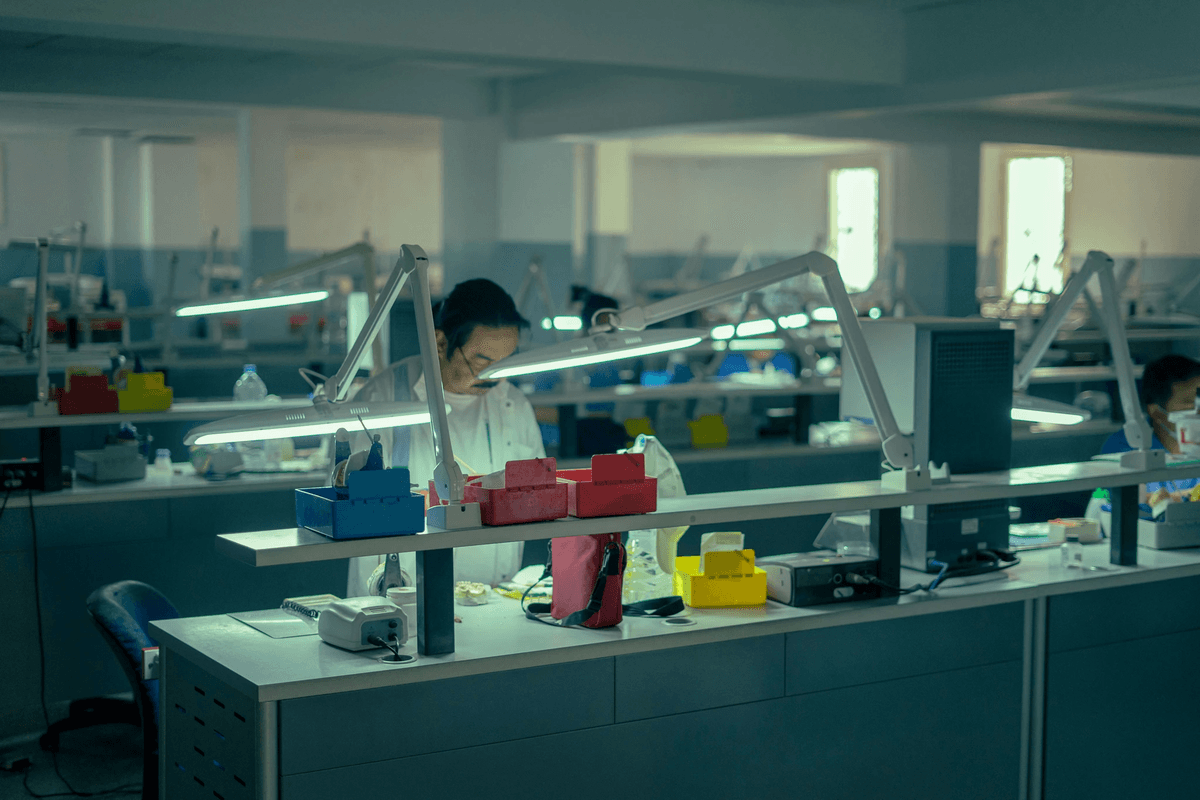
In today's global marketplace, understanding the intricacies of China quality control is paramount for businesses seeking to ensure their products meet high standards. With China's vast manufacturing capabilities, the importance of effective quality inspection and assurance cannot be overstated. Companies that prioritize quality control not only protect their brand reputation but also foster trust with consumers and partners alike.
Understanding China Quality Control Importance
China quality control serves as a crucial pillar in maintaining product integrity and consumer satisfaction. The country's manufacturing landscape is both expansive and diverse, making robust quality checks essential to navigate potential pitfalls. By implementing stringent quality control measures, businesses can mitigate risks associated with defects or inconsistencies in their products.
Key Elements of Quality Control in China
The key elements of quality control in China encompass a range of processes designed to uphold product standards throughout the production cycle. These include rigorous inspections at various stages—pre-production, in-process checks, and final product evaluations—all aimed at ensuring that every item meets specified criteria. Additionally, collaboration with experienced inspection companies can enhance the effectiveness of these quality checks by leveraging specialized knowledge and resources.
Common Challenges in Quality Inspection
Despite its significance, navigating the landscape of quality inspection presents common challenges that many businesses face. Language barriers, cultural differences, and varying standards can complicate communication between suppliers and clients, leading to misunderstandings about expectations for quality production. Moreover, inconsistent enforcement of regulations can result in significant gaps in quality assurance if not addressed proactively through diligent oversight and effective partnerships with qualified inspection services.
What is Quality Control in China?
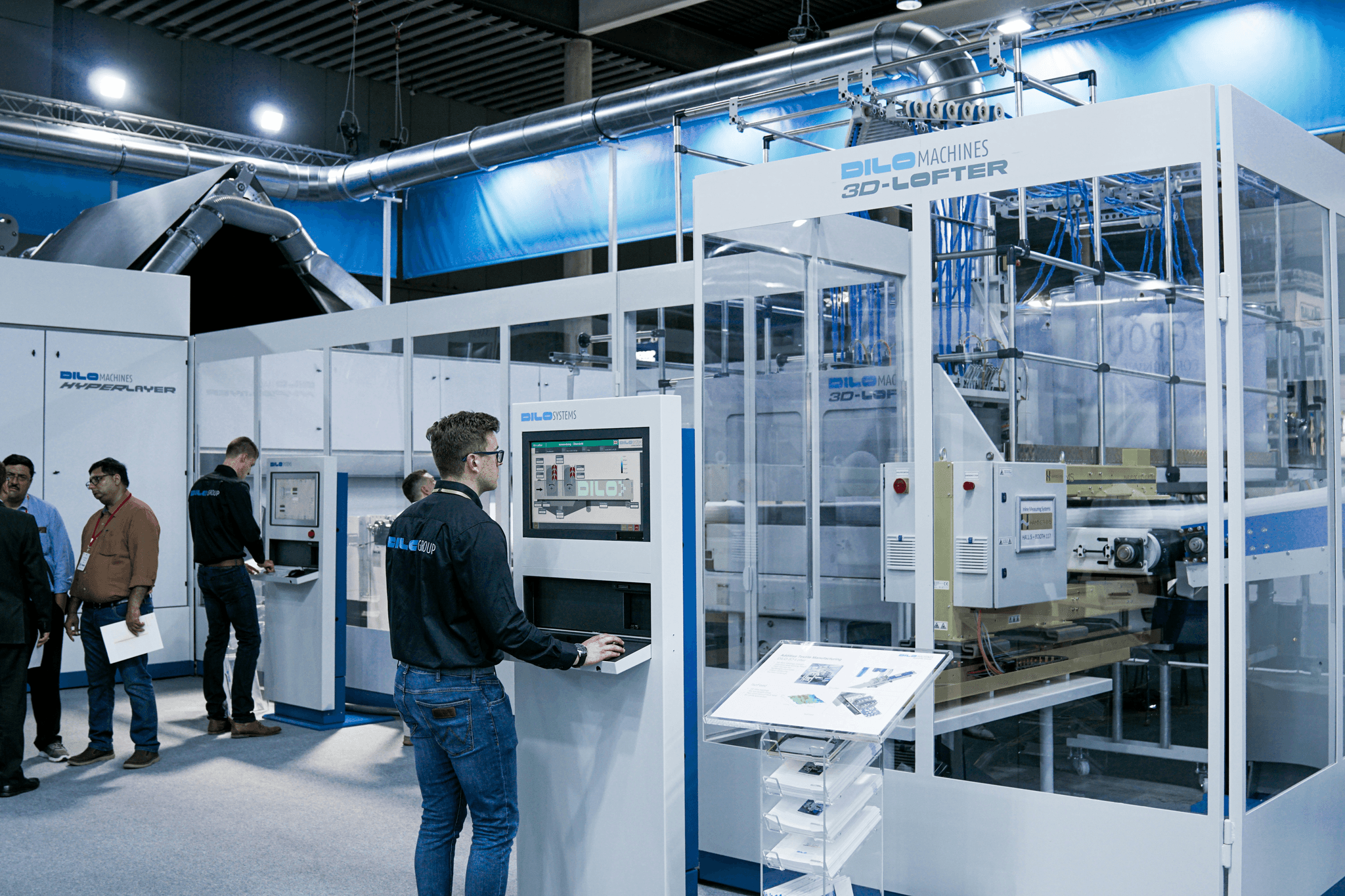
Quality control in China is an essential aspect of ensuring that products meet specified standards before they reach the market. It encompasses various processes and methodologies aimed at maintaining product quality throughout the manufacturing cycle. By implementing effective quality inspection measures, companies can minimize defects and enhance customer satisfaction.
Definitions and Standards
Quality control refers to the systematic processes that organizations use to ensure their products meet certain quality standards. In China, these standards are often influenced by international benchmarks, local regulations, and industry-specific requirements. Understanding these definitions is crucial for any business looking to engage in quality production, as it lays the foundation for effective quality checks and compliance.
Quality Control vs. Quality Assurance
While both terms may sound similar, quality control and quality assurance serve distinct purposes within manufacturing processes. Quality control focuses on identifying defects in finished products through rigorous inspections, whereas quality assurance emphasizes preventing defects through planned activities and systematic processes. A well-rounded approach combining both aspects ensures that businesses maintain high-quality standards while also fostering a culture of continuous improvement.
The Role of a Quality Control Specialist
A quality control specialist plays a pivotal role in navigating the complexities of china quality control practices by overseeing inspection services throughout the production process. These professionals are responsible for conducting detailed assessments during pre-production, in-process checks, and final evaluations to ensure compliance with established standards. Their expertise not only helps identify potential issues early but also aids in building stronger relationships with suppliers through effective communication about necessary adjustments.
The Quality Inspection Process

When it comes to ensuring that products meet the required standards, the quality inspection process in China is paramount. This process is not just a single step but encompasses multiple stages, each designed to catch potential issues before they escalate into costly problems. Let’s break down the essential components of this process: pre-production inspections, in-process quality checks, and final product inspections.
Pre-Production Inspections
Pre-production inspections are the first line of defense in the quality control process. These inspections typically occur before manufacturing begins and focus on verifying that raw materials and components meet specified standards. By engaging a quality assurance specialist during this stage, businesses can mitigate risks associated with subpar materials and ensure that production aligns with established quality benchmarks.
During pre-production inspections, an inspection company will evaluate samples of materials for compliance with safety regulations and client specifications. This proactive approach not only saves time but also reduces costs associated with rework or returns later in the production cycle. Ultimately, thorough pre-production checks lay a solid foundation for effective quality production throughout the manufacturing process.
In-Process Quality Checks
In-process quality checks are critical for maintaining high standards during manufacturing operations. These checks involve monitoring various stages of production to ensure that processes adhere to predetermined quality control measures. A well-trained quality assurance specialist conducts these inspections to identify any deviations from expected performance early on.
These real-time assessments help catch defects as they occur rather than waiting until after production is complete, which can be too late for corrective action. Utilizing inspection services at this stage fosters a culture of continuous improvement among suppliers while reinforcing accountability throughout the supply chain. By integrating in-process checks into their routine practices, companies enhance their overall product reliability and customer satisfaction.
Final Product Inspections
Final product inspections serve as the last safeguard before goods are shipped to customers or retailers. This crucial step involves a thorough examination of finished products against established criteria to ensure they meet all specifications and regulatory requirements. Employing an experienced inspection company for final checks can significantly reduce the likelihood of defective items reaching consumers.
During these inspections, factors such as functionality, appearance, packaging integrity, and compliance with safety standards are rigorously evaluated. If any discrepancies arise during final product inspections, immediate corrective actions can be initiated to address them swiftly—saving both time and reputation in the long run. Ultimately, comprehensive final checks reinforce confidence in product quality while bolstering brand loyalty among consumers who expect nothing less than excellence from their purchases.
Choosing the Right Inspection Company
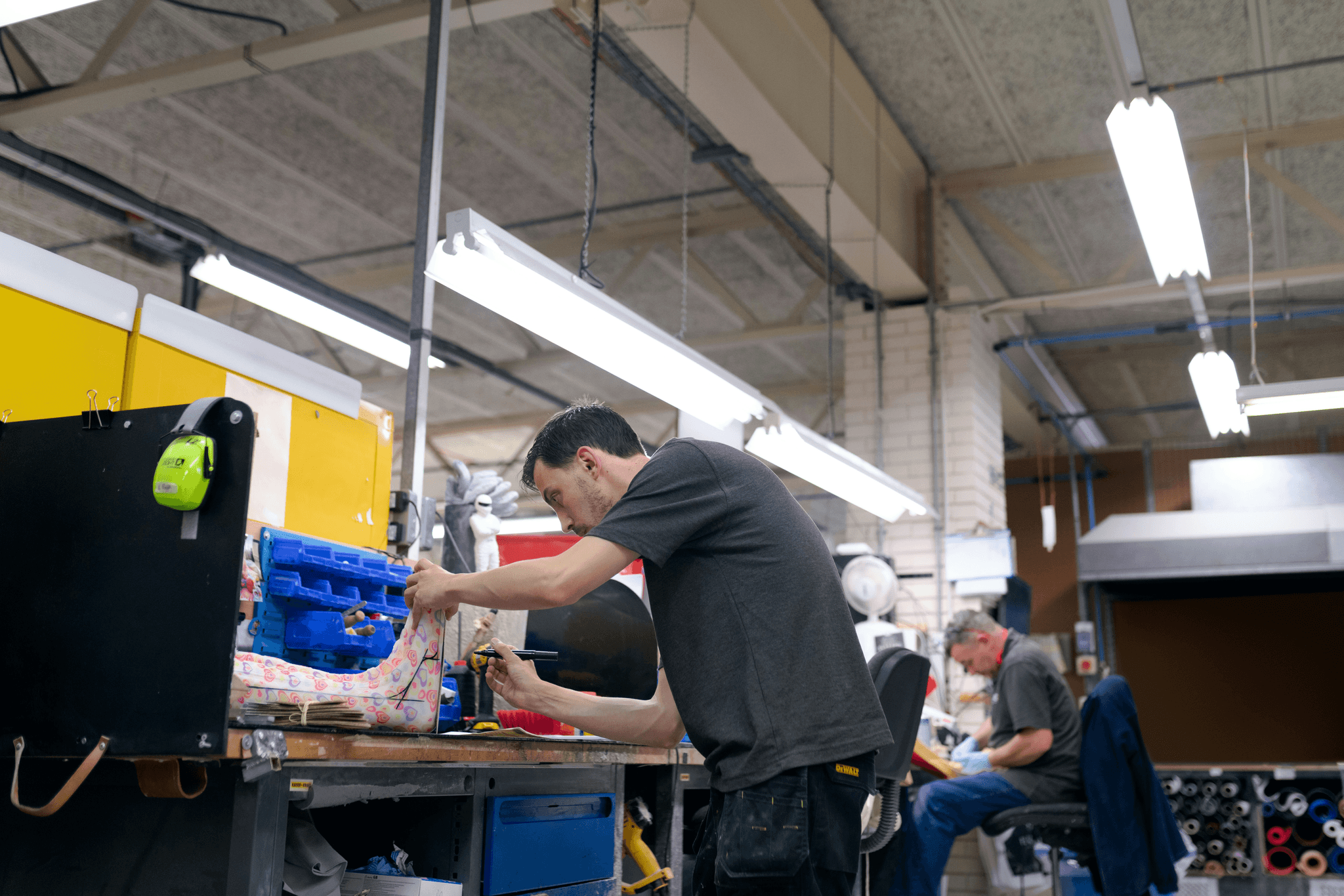
When it comes to ensuring high standards in china quality control, selecting the right inspection company can make all the difference. A professional service not only streamlines the quality inspection process but also enhances your overall quality assurance strategy. With so many options available, understanding what to look for is essential for achieving optimal results in your quality production efforts.
Benefits of Using a Professional Service
Using a professional inspection service offers numerous advantages that can significantly impact your business's bottom line. First and foremost, these companies bring expertise and experience in conducting thorough quality checks tailored to your specific industry needs. Additionally, they provide unbiased evaluations that help identify potential issues before they escalate, ultimately saving you time and money while ensuring compliance with international standards.
Moreover, professional inspection companies often utilize advanced technology and methodologies in their quality control processes. This means that you benefit from state-of-the-art tools and techniques that enhance accuracy in inspections and lead to more reliable outcomes. By leveraging their skills, you can focus on other crucial aspects of your business while resting assured that your products meet the highest standards of quality.
Evaluating an Inspection Company’s Credentials
When choosing an inspection company, evaluating their credentials is crucial for ensuring reliability and effectiveness in china quality control practices. Start by checking their certifications; reputable firms should hold relevant accreditations from recognized organizations within the industry. These certifications demonstrate a commitment to maintaining high standards of quality assurance that align with international regulations.
Next, consider reviewing their track record by examining client testimonials and case studies showcasing previous successes in conducting inspections for similar products or industries. This will give you insights into their capabilities and reliability as a partner in maintaining consistent quality checks throughout your supply chain. Finally, don’t hesitate to inquire about their staff qualifications—quality control specialists should be well-trained professionals capable of delivering accurate assessments.
Why to Consider China Inspection Pro
When it comes to top-tier inspection services tailored specifically for china quality control needs, China Inspection Pro stands out as a reliable choice. They offer comprehensive solutions covering every stage of the production process—from pre-production inspections to final product evaluations—ensuring every detail is scrutinized meticulously during each phase of manufacturing. Their experienced team consists of certified professionals who understand local regulations as well as international standards.
In addition to robust expertise, China Inspection Pro employs cutting-edge technology for efficient data collection and analysis during inspections. This commitment not only enhances accuracy but also helps streamline communication between suppliers and clients—a key factor in successful partnerships focused on continuous improvement in product quality assurance practices. Choosing China Inspection Pro means investing in peace of mind knowing that expert hands are overseeing your quality production journey.
Quality Production Best Practices
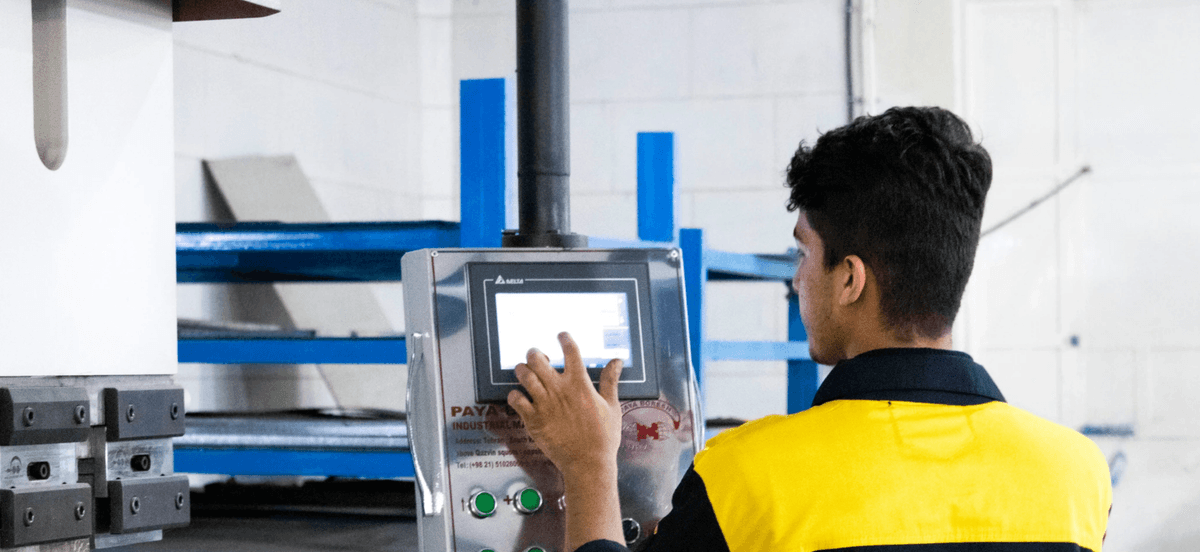
Quality production is the backbone of successful manufacturing, especially in China. Implementing best practices in quality control can help ensure that products meet standards and expectations consistently. By focusing on clear quality standards, supplier training, and continuous improvement, businesses can enhance their overall quality assurance processes.
Setting Clear Quality Standards
Establishing clear quality standards is crucial for effective china quality control. These standards serve as a benchmark for what constitutes acceptable products and guide the entire quality inspection process. By defining specific criteria—such as material specifications, tolerances, and performance metrics—companies can minimize misunderstandings and align expectations with suppliers.
When setting these standards, it’s important to communicate them clearly to all stakeholders involved in the production process. This includes not only the manufacturers but also any quality assurance specialists tasked with conducting inspections. The clearer the guidelines are, the smoother the quality checks will be throughout production.
Moreover, regularly reviewing and updating these standards ensures they remain relevant to evolving market demands and technological advancements. In this way, companies can maintain a competitive edge while fostering a culture of excellence in their production practices.
Training and Educating Your Suppliers
Training suppliers is an essential step in achieving high-quality production outcomes in china quality control efforts. By investing time and resources into supplier education programs, businesses can cultivate a workforce that understands the importance of adhering to established quality standards. This proactive approach reduces the likelihood of defects during manufacturing processes.
Quality inspection services often recommend comprehensive training sessions that cover everything from basic product specifications to advanced problem-solving techniques related to common defects. Empowering suppliers with knowledge not only enhances their skill set but also builds trust between parties—leading to more effective collaboration down the line.
Additionally, ongoing education keeps suppliers informed about new technologies or methodologies that may impact their operations. This commitment to continuous learning fosters an environment where both parties strive for excellence together—a win-win situation for everyone involved!
Continuous Monitoring and Improvement
Continuous monitoring is vital for maintaining high-quality production levels over time in any china quality control strategy. Regular assessments allow companies to identify potential issues before they escalate into significant problems during final inspections or after product delivery. Utilizing data-driven approaches helps streamline this monitoring process effectively.
Implementing feedback loops between inspection services and production teams ensures that any identified gaps are addressed promptly and efficiently. For example, if a recurring defect is noted during routine inspections, immediate action should be taken by both parties to rectify it before further batches are produced—saving time and resources in the long run.
Moreover, fostering a culture of continuous improvement means not just reacting to problems but actively seeking innovative solutions that enhance processes over time. By embracing change as part of your operational mindset, you’ll position your company as an industry leader committed to delivering top-notch products consistently.
Navigating Common Quality Control Issues
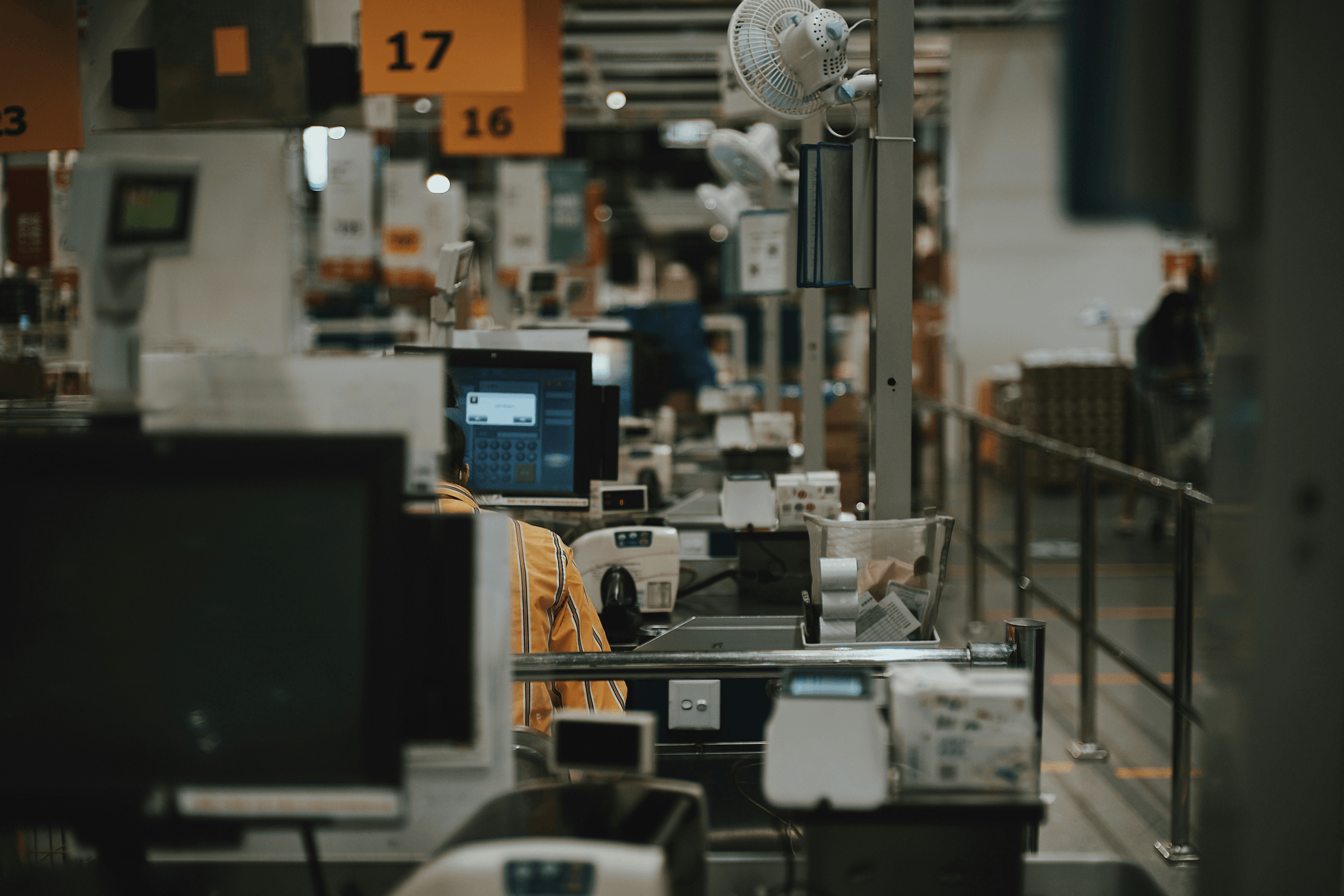
Quality control in China can be a wild ride, filled with both challenges and opportunities. To maintain high standards in quality inspection, it's crucial to navigate common issues effectively. By identifying gaps, fostering communication with suppliers, and leveraging technology, businesses can enhance their quality assurance processes and ensure consistent product excellence.
Identifying and Addressing Quality Gaps
The first step in effective quality control is recognizing where the quality gaps lie. Conducting thorough inspections at various stages of production helps pinpoint issues that could compromise the final product's integrity. Once identified, addressing these gaps promptly through corrective actions not only improves the current batch but also sets a precedent for future quality production.
Quality inspection services play a vital role here; they provide insights that lead to actionable improvements. By implementing robust quality checks throughout the manufacturing process, companies can ensure that any deviations from established standards are caught early on. This proactive approach ultimately leads to enhanced trust between manufacturers and clients, as consistent quality assurance becomes a hallmark of their operations.
Effective Communication with Suppliers
Effective communication is the backbone of successful supplier relationships in China’s complex manufacturing landscape. A clear dialogue regarding expectations for quality control can significantly reduce misunderstandings that often lead to subpar products. Quality assurance specialists must articulate specific standards and requirements while encouraging feedback from suppliers to foster collaboration.
Regular meetings or updates can help keep everyone on the same page regarding quality expectations and production timelines. Utilizing tools such as shared digital platforms ensures that all parties have access to real-time information about any changes or issues encountered during production cycles. This level of transparency strengthens partnerships and enhances overall efficiency in achieving desired outcomes.
Utilizing Technology for Quality Assurance
In today's fast-paced market, integrating technology into your quality control processes is no longer optional—it's essential! From automated inspection systems to data analytics tools, technology enhances the accuracy of quality checks while minimizing human error during inspections. By employing advanced technologies, businesses can streamline their inspection services and gain valuable insights into their production lines.
For instance, using software solutions for tracking defects allows companies to analyze trends over time and make informed decisions about improvements needed in their manufacturing processes. Moreover, mobile applications enable real-time reporting from inspectors on-site, ensuring immediate action on any identified issues related to china quality control practices. Embracing these technological advancements not only elevates your inspection company’s capabilities but also positions your business as a leader in maintaining high-quality standards.
Conclusion
In the realm of manufacturing, particularly in China, quality control stands as a cornerstone for success. Companies that prioritize quality inspection not only enhance their product offerings but also cultivate a reputation for reliability and excellence. The long-term benefits of effective quality assurance can lead to increased customer loyalty and reduced costs associated with returns or defects.
The Long-Term Benefits of Quality Control
Investing in robust china quality control processes can yield significant returns over time. By ensuring that every product meets established standards, businesses can minimize the risks associated with poor-quality goods, such as damage to brand reputation and financial losses. Additionally, consistent quality checks contribute to operational efficiency, ultimately leading to healthier profit margins and sustainable growth.
Building Trust Through Consistent Quality Checks
Establishing trust with customers hinges on delivering products that meet their expectations consistently. When companies implement regular quality inspections throughout the production process, they signal their commitment to excellence and accountability. This consistency not only reassures clients but also strengthens relationships with suppliers who understand the importance of maintaining high-quality standards.
Partnering with Experts for Quality Assurance
Navigating the complexities of quality production often requires expertise that goes beyond internal resources. Partnering with a reputable inspection company can provide access to specialized knowledge and experience in china quality control practices. These professionals serve as invaluable allies in ensuring compliance with industry standards while helping businesses refine their own processes through tailored inspection services.
